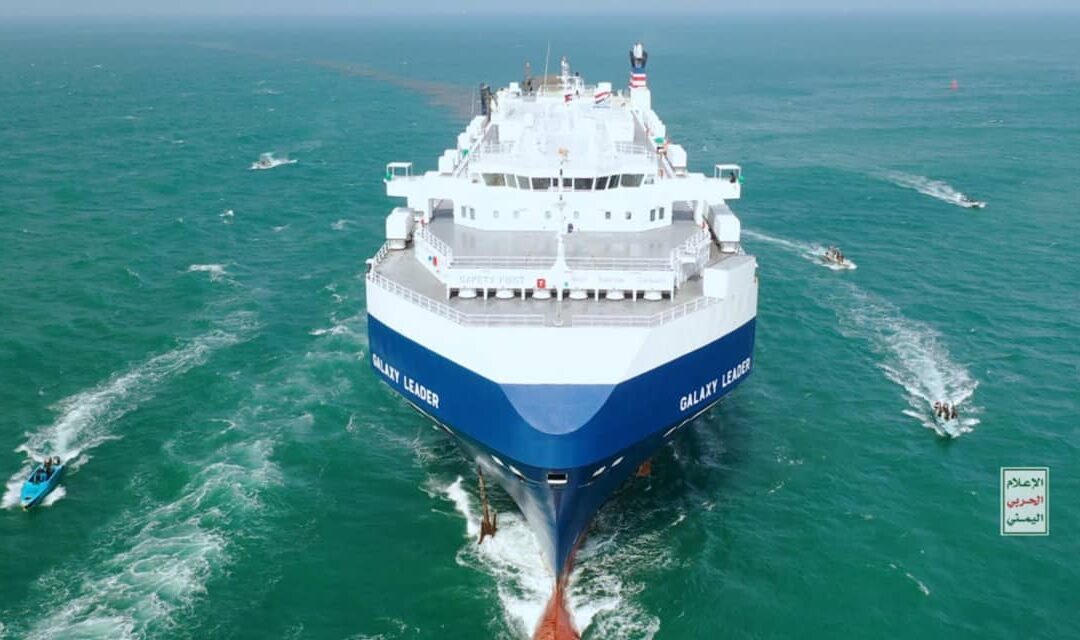Energy giant BP has joined many of the world’s biggest shipping companies in halting transits through the Red Sea following attacks out of Yemen by Houthi militants.
The Houthis have been attacking tankers and container ships in response they say to Israel’s campaign against Hamas in Gaza.
In a statement released Monday, London-listed BP
BP,
BP,
said the safety and security of its people and those working on their behalf is the company’s priority.
“In light of the deteriorating security situation for shipping in the Red Sea, BP has decided to temporarily pause all transits through the Red Sea. We will keep this precautionary pause under ongoing review, subject to circumstances as they evolve in the region,” the company said.
On Friday, Danish shipping company A.P. Moller-Maersk
MAERSK.B,
MAERSK.A,
the world’s second largest owner of container ships, and Germany’s Hapag-Lloyd
HLAG,
HPGLY,
the fifth biggest, said they would not sail through the Red Sea because of the attacks.
Since then they have been joined by the Swiss/Italian MSC and CMA CGM of France, the first and third biggest shipping companies respectively, in halting sailings through the region.
Shares of the companies with listings, particularly, A.P. Moller-Maersk, fell sharply at the start of November after the Houthis made clear they would target ships they believed were sailing to Israel.
Investors feared ships would have to sail round the Cape of Good Hope rather than risk the Suez Canal, through which flows about 34% of global container traffic.
But after rallying sharply on Friday, and climbing further on Monday, the shares of Maersk and Hapag-Lloyd have pretty much recovered that ground as investors reckon shipping rates will rise to reflect the disruption.
“We see the Suez Canal disruption, if prolonged, as potential upside risks to container rates likely until Chinese New Year’s seasonal trough sets-in,” said the global shipping team at Citi led by Kaseedit Choonnawat.
The broader equity markets were mixed to start the last full trading week of the year. Germany’s DAX
DX:DAX,
which last week hit a record high, was down 0.4% as car manufacturers gave up some recent gains, while the CAC 40
FR:PX1
in France slid 0.4% as it’s luxury goods sector saw selling.
In contrast, the U.K.’s FTSE 100
UK:UKX
rose 0.4% as higher oil prices lifted energy groups, including BP, and Vodafone
VOD,
VOD,
jumped more than 5% after sealing a €10.45 billion ($11.4 billion) deal to merge its Italian phone division with French telecons group Iliad .








